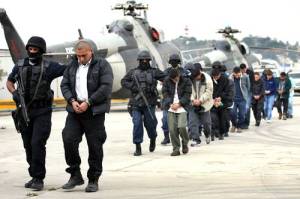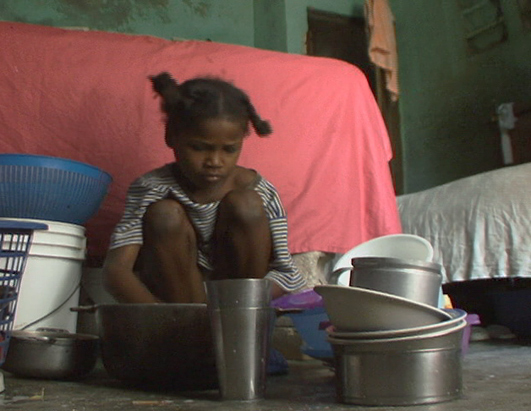By Ricardo Zamora
Impunity Watch Reporter, South America
MEXICO CITY, Mexico – Mexico’s Supreme Court upheld a law granting same-sex couples in Mexico City the right to adopt children earlier this week. The decision comes a week after the Court upheld the constitutionality of same-sex marriage, and after Argentina legalized gay marriage and adoption in July.
Juliana Cano Nieto, researcher in the LGBT rights program at Human Rights Watch, said that “the Supreme Court’s ruling confirms that the state cannot withhold any legal rights on the grounds of a person’s sexual orientation and gender identity.” This decision will “have resonance for courts throughout the continent for protecting the basic human rights of LGBT people,” she added.
The decision is a response to a challenge from the Attorney General’s office. The Attorney General contended that the law “breached the concept of family and the best interest of the child guaranteed in the constitution by allowing LGBT couples to adopt.”
The Court dismissed the Attorney General’s interpretation of the law, explaining that the law is not restricted to families formed by a male and female. In its opinion, the Court cited E.B. v. France, a European Court of Human Rights case which held that a single lesbian woman could not be denied the right to adopt a child due to her sexual orientation. The ECJ also noted that same-sex couples should have the same rights to adopt as traditional couples in order to fully guarantee equality and avoid discrimination. Finally, it made clear that the “best interest” of the child is to “have a loving family, regardless of the sexes of the family members.”
“Today, institutionalized homophobia has been buried,” said Jaime Lopez Vela, an LBGT group leader. He added that they were happy because “now we have the same rights and responsibilities of any other married couple.”
Justice Arturo Saldivar, voting with the 9-2 majority, reiterated that “the preferences of the parents do not determine a child’s sexual orientation… that is a discriminatory argument.” “It’s not a question of sexuality that determines whether a person is qualified or not to adopt,” Justice Margarita Luna added.
The Catholic Church strongly disagrees with the Supreme Court’s judgment and is seeking to impeach the justices voting with the 9-2 majority.
According to Human Rights Watch, Mexico is now the 11th country in the world to provide LGBT people equal access to marriage, along with the Netherlands, Belgium, Portugal, Spain, Canada, South Africa, Iceland, Norway, Sweden, and Argentina.
For more information, please see:
The Christian Science Monitor – Mexico Court Upholds Gay Adoption Law. Is Mexico More Tolerant Than US? – 17 August 2010
Huffington Post – Mexico Gay Adoption Law Upheld By Supreme Court – 16 August 2010
Human Rights Watch – Mexico: Landmark Adoption Ruling for Same-Sex Couples – 16 August 2010



